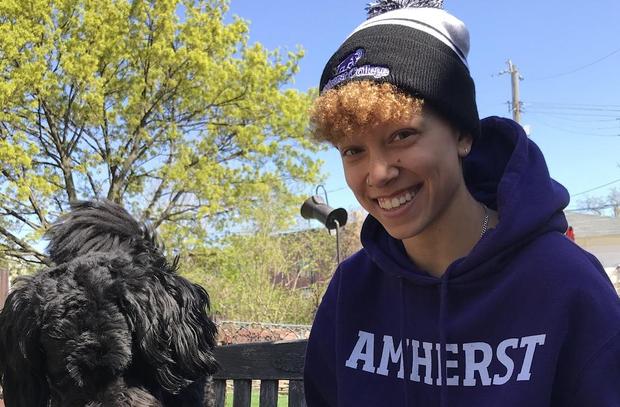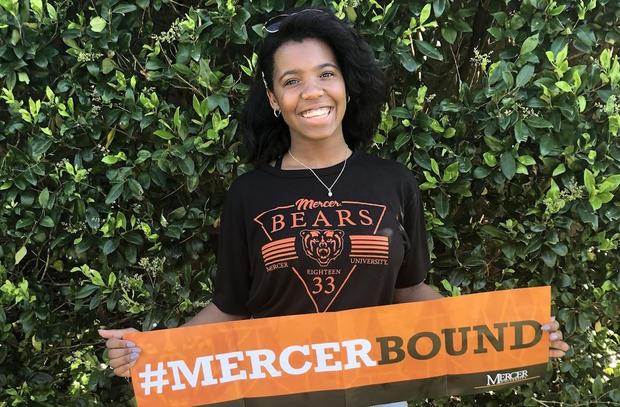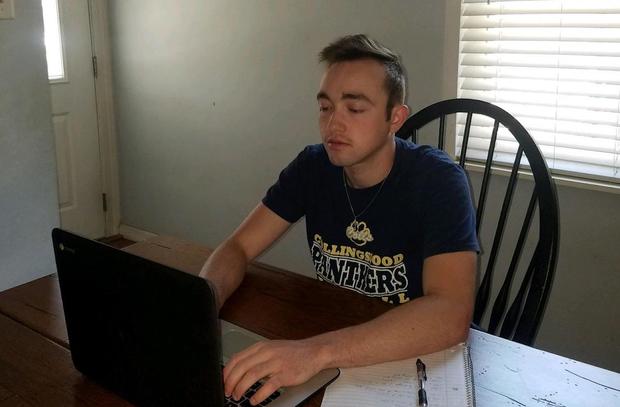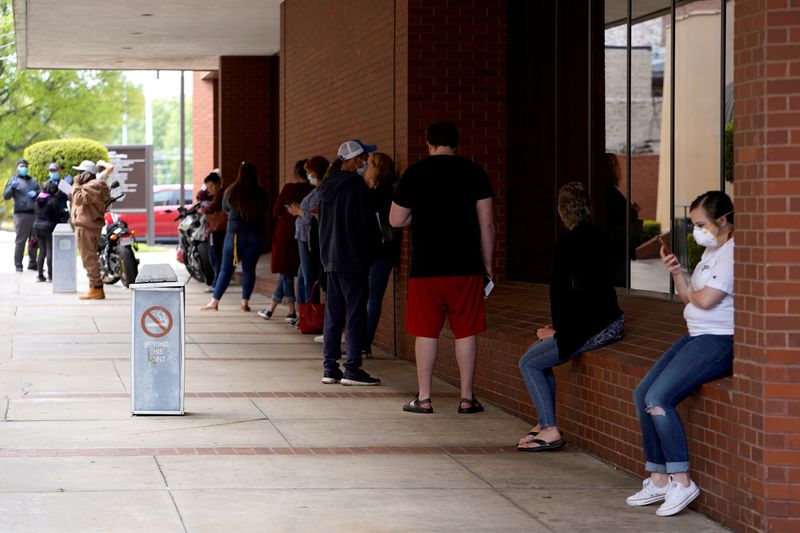After being accepted to Amherst College, Claire Jensen was ready to pack up her bags and head across the country, leaving her hometown of Minneapolis behind. She always knew she wanted to go straight to college upon graduating high school and never considered taking a gap year — until the coronavirus pandemic hit.
“If there is a possibility that I won’t be able to start school in person in the fall then I’d definitely take that into consideration,” Jensen said on deferring her enrollment to Amherst.
Jensen is among hundreds of students and parents having doubts about the upcoming school year due to COVID-19, according to a recent Dynata survey commissioned by Brian Communications. About 40% of parents are considering delaying college for their college-bound high school seniors, according to the survey.
“We all remember walking around the campus, being involved in the school paper or whatever it was that we did — that was an important part of your college education, frankly,” Brian Tierney, CEO of Brian Communications, said on CBSN. “It wasn’t just in the classroom, it was these other pieces of it. And if it’s all just going to be online, I think the thought is ‘there’s a lot of less expensive ways to do that.'”
Jensen agreed. “It’s hard to justify paying full tuition or using my full financial aid package at college if I’m only doing online classes or if I can’t start until the next semester,” she said.
Jensen said her mother has been unemployed since last year and was hoping to find a job before she started college. But the coronavirus has devastated the job market, making the chances of her mother finding a job before the fall all the more unlikely.
“We don’t have two incomes to pay for college, which is unfortunate,” said Jensen, whose parents are also paying to put her sister through school.
Ashton Mayo-Beavers, a high school senior from Chattanooga, Tennessee, said she has also been considering whether remote learning will be worth the high tuition costs.
“I think it’s going to be a lot of working around and going without any expectations because it’s going to be a learning process, something we’ve never done before,” Beavers said.
But she said she plans to still start at Mercer University in the fall so that she will be able to keep her scholarship, which is important because the pandemic has brought on new financial worries for her family. Her stepfather got a pay reduction because of the pandemic, and Beavers, who started working at a local pizzeria in January to save money for college, was also out of work for several weeks because of the virus, she said.
“I have been looking to cut some costs on things I was going to get for my dorm and for my school,” Beavers said, hoping that she can make enough money at the pizzeria this summer to buy the laptop needed for her Computer Science major.
The Brian Communications survey found that 65% of parents feel they are now more cautious about the financial impact of tuition.
The pandemic is taking a financial toll on colleges and universities, too. The American Council on Education (ACE), along with 40 other higher education organizations, is requesting Congress provide $46.6 billion in emergency aid for students and institutions.
ACE predicted in a press release that institutional enrollment for international students will drop by 25% and that general enrollment will drop by 15% for the 2020-2021 academic year. This will cause colleges and universities across the U.S. to lose approximately $23 billion, ACE said.
Due to the impact COVID-19 is having on the economy, ACE estimated students will need an additional $12 billion in need-based financial aid. That’s in part because, for many families, the financial fallout of COVID-19 has compounded other problems they are facing.
Beavers’ family is recovering from last month’s tornado that completely wiped out parts of her community, including her brothers’ elementary school. And Jack Cassel, a high school senior in Oaklyn, New jersey, had just recovered from his traumatic brain injury when the coronavirus hit.
“He was looking forward to the whole, ‘I get to go off to college and park and go to big college classrooms,’ and so on, but if he has to stay home again to do school, it’s taking away from that experience,” said Jen Cassel, Jack’s mother.
Jack Cassel was planning to attend Camden County Community College for one year to save money and then transfer to Rowan University for his sophomore year. He was most excited about being able to play for Camden’s baseball team in the fall, especially since his brain injury prevented him from being able to play for his last year on the high school team, Jen Cassel said. But now it looks like he might not be able to play next year, either, if college campuses remain closed.
“I think the unknown is extremely frustrating for him at this point, as with many seniors whose parents I’ve talked to — there is a lot of anger and emotion that is very much front and center for these kids right now,” Jen Cassel said.
Jensen and Beavers agree that they have a lot of anxiety in waiting to hear about their school’s plans for the fall.
“To be honest I’m a little nervous, because I’m a person who likes to plan and there really is no plan right now, ” Beavers said. “So I’m just kind of hoping for the best and planning as much as I can.” And Jensen noted that “it’s kind of a gamble at this point.”
Parents said they’re feeling anxious about waiting to receive information from the schools, and that they’re worried about safety. According to the survey, 60% of parents said they have not received information on how colleges intend to ensure their child’s safety next year, causing uneasiness and concern. And 85% of parents said they need to know more about what colleges are doing to ensure student safety.
For many parents and students, it’s become a waiting game as they hope for the best.
“I feel devastated for all of the seniors who don’t get to experience that rite of passage that they’ve earned,” Jen Cassel said. “My heart breaks for them. But I also know, these kids are resilient and they will come out better because of this.”




